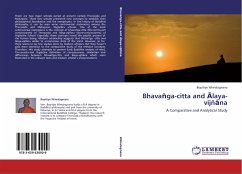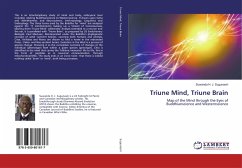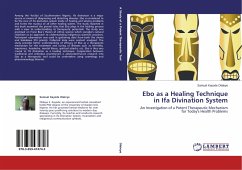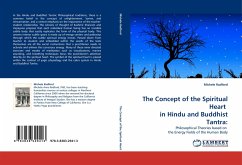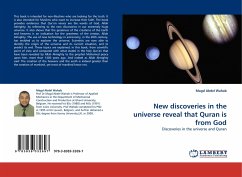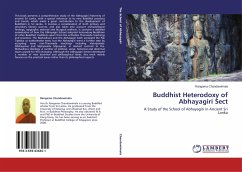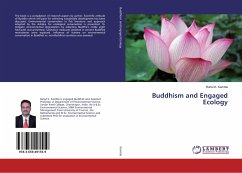There are two major schools persist at present namely Theravada and Mahayana. These two schools presented new concepts to establish their philosophical foundation and the metaphysics. In the history of Buddhist philosophy, it can be seen some controversial statements among the Theravada and Mahayana -Yog c ra schools. One of the most controversial expressions is the concept of bhava ga-citta (life-continuum consciousness) of Theravada and laya-vijñ na (store-consciousness) of Yog c ra School. Especially, these concepts reveal the psychic process of the human being. Modern scholarship suggests that bhava ga -citta and laya-vijñ na similar to unconscious state of the mind. However, so far, there seems to be few studies done by modern scholars. But they haven t paid more attention to the comparative study of the relevant concepts. Therefore, this study attempts to present Early Buddhist analysis of mind, Theravada and Yog c ra definition of consciousness, similarities and differences between bhava ga-citta and laya-vijñ na which were illustrated in the relevant texts and modern scholar s interpretations.
Bitte wählen Sie Ihr Anliegen aus.
Rechnungen
Retourenschein anfordern
Bestellstatus
Storno

